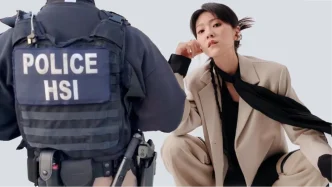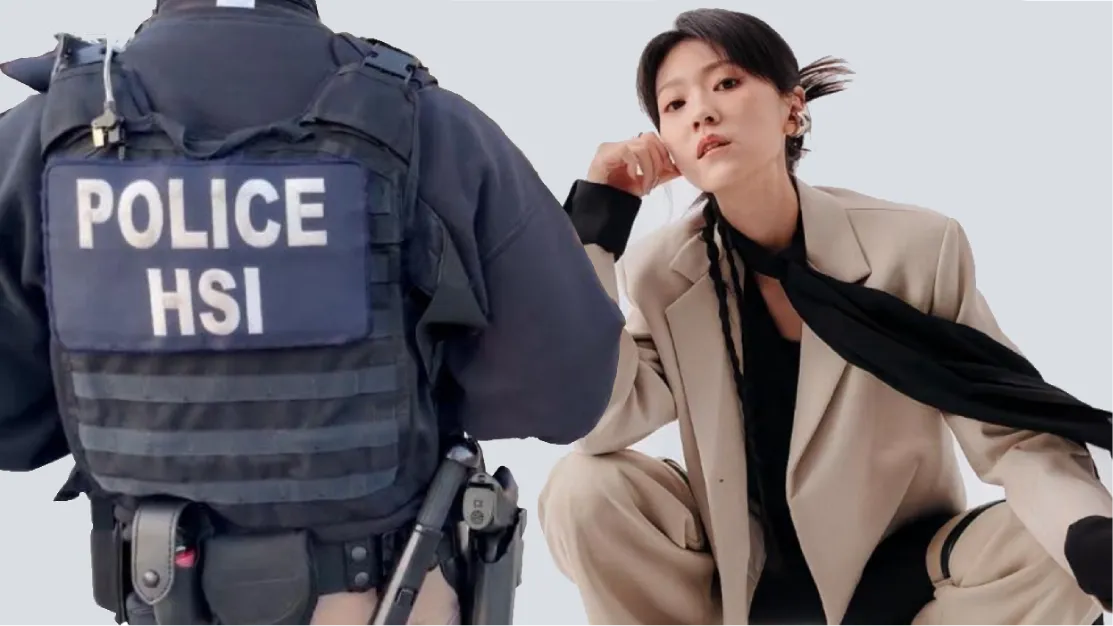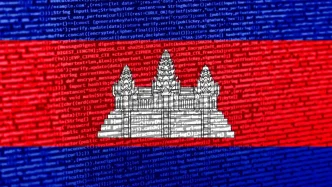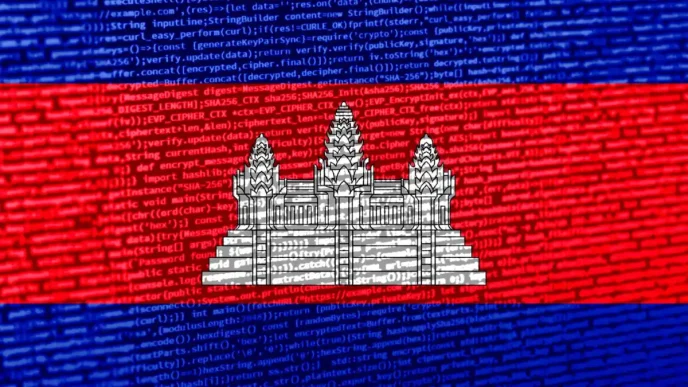A Singaporean woman has been sentenced to six months in prison by a Taipei court for stalking and harassing Taiwanese singer Olivia Tsao, a celebrated artist known for her contributions to Taiwanese Hokkien music. The case, which culminated in a dramatic confrontation at a train station, has sparked discussions about personal safety, fan culture, and the legal protections available to public figures in Taiwan.
A Troubling Obsession
Cassandra Low, a woman in her 30s from Singapore, was found guilty of endangering personal safety, stalking, harassment, and publicly insulting Ms. Tsao, a multiple winner of Taiwan’s prestigious Golden Melody Awards. According to a judgment published by the New Taipei District Court on June 5, 2025, Low had initially connected with Ms. Tsao through social media platforms like Facebook and Instagram, exchanging personal messages since November 2023.
The relationship took a dark turn when Ms. Tsao decided to block Low on these platforms, prompting a series of threatening and insulting posts from the Singaporean. In one particularly alarming Facebook post, Low wrote: “I can be very aggressive. The more stubborn she is… don’t blame me for whatever I do to her parents.” In another, she threatened: “Blocking me, see how I slowly let her agent die.” These posts caused significant distress, forcing Ms. Tsao and her agent to leave their homes in New Taipei City for safety.
Escalation at Banqiao Station
Low’s behavior reached a critical point in February 2025, when she tracked Ms. Tsao to Banqiao high-speed rail station in New Taipei City. Having learned of the singer’s travel plans, Low confronted her, physically holding onto Ms. Tsao’s luggage and phone in an attempt to coerce her into unblocking her on social media. A video recorded by Ms. Tsao during the incident captured Low blocking the singer’s path, refusing to relent until a reconciliation was agreed upon. Local police intervened, taking Low into custody for questioning.
The court described Low’s actions as a severe violation of personal safety and privacy, emphasizing the fear and helplessness experienced by Ms. Tsao. The singer, who performs under the name Tsao Ya-wen and last won the Best Female Taiwanese Singer award in 2021, had previously spoken publicly about the discomfort caused by overzealous fans, though she had not named individuals until this case unfolded.
Legal Consequences and Deportation
On June 5, 2025, the New Taipei District Court sentenced Low to six months in prison, with the option of commuting the sentence to a fine of NT$1,000 (US$31) per day of her jail term. The court noted that Low, as a Singaporean with a salary significantly higher than the average in Taiwan, might not be sufficiently deterred by a fine alone. The judgment aimed to reflect the seriousness of her offenses and provide a corrective impact. Following the completion of her sentence or payment of the fine, Low will be deported from Taiwan.
Ms. Tsao expressed relief at the court’s decision in a social media post on June 11, writing: “This is the most comforting piece of news I have received recently.” She thanked her supporters, family, and legal team for their assistance throughout the ordeal, highlighting the emotional toll the experience had taken on her.
Broader Implications for Fan Culture
The case of Cassandra Low raises important questions about the boundaries of fan admiration and the safety of public figures in the digital age. In Taiwan, where the entertainment industry is a significant cultural force, incidents of stalking and harassment are not uncommon, though few escalate to the level of legal action seen in this instance. Ms. Tsao’s experience underscores the vulnerability of artists who, despite their public personas, often lack adequate protection from intrusive or threatening behavior.
While Low’s actions were extreme, they reflect a broader phenomenon of parasocial relationships, where fans develop intense, one-sided emotional connections with celebrities, sometimes blurring the line between admiration and obsession. Social media platforms, which facilitate direct interaction between stars and their followers, can amplify these dynamics, creating both opportunities for engagement and risks of overreach.
In response to such incidents, advocacy groups in Taiwan have called for stronger legal frameworks to address stalking and cyber-harassment, as well as greater awareness of mental health support for individuals exhibiting obsessive behaviors. The outcome of this case may serve as a precedent, encouraging other victims to seek legal recourse and prompting authorities to refine protective measures for public figures.
A Personal Victory Amidst Public Scrutiny
For Olivia Tsao, the court’s ruling marks a personal victory after months of fear and disruption. Known for her soulful performances in Taiwanese Hokkien, a dialect with deep cultural resonance in Taiwan, Ms. Tsao has built a career on connecting with audiences through her music. Yet, as this case reveals, that connection can come at a steep personal cost when boundaries are crossed.
As Low prepares for deportation and Ms. Tsao rebuilds her sense of security, the incident serves as a poignant reminder of the challenges faced by artists in the spotlight. For fans and observers alike, it is a call to reflect on the importance of respect and empathy, ensuring that admiration for talent does not spiral into harm.
















